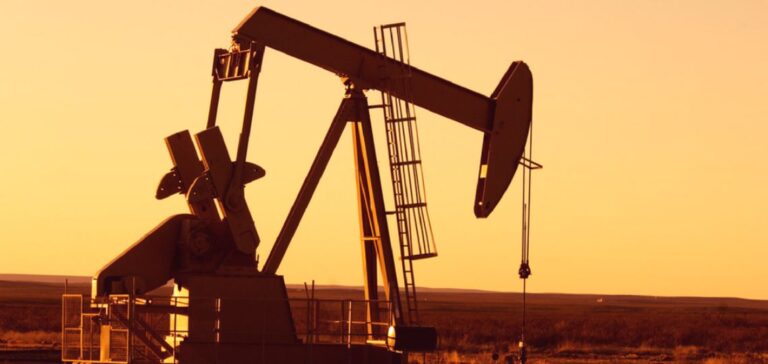The Bureau of Land Management (BLM ) has announced a significant increase in fees for the use of public land to extract natural gas and oil. The minimum deposit was raised to $150,000 per project, a significant increase on the previous amount of $10,000. The aim of this measure is to ensure adequate coverage of remediation costs in the event of default by operators.
Impact on abandoned wells
Federal lands are home to hundreds of abandoned wells, which are often sources ofmethane emissions and soil contamination. Increased bonding is a response to these environmental challenges, aimed at strengthening the responsibility of oil and gas companies.
Revision of tax and rental rates
The Ministry of the Interior has also raised the tax on operating income from 12.5% to 16.7%, a rate unchanged since 1920. At the same time, rent per acre will be doubled, from $1.5 to $3, with a gradual increase planned over the term of the lease. These changes represent a major reform of the conditions for exploiting resources on public land.
Divergent reactions
These new regulations have prompted mixed reactions. The Independent Petroleum Producers Association (IPAA) is critical of these measures, seeing them as a disincentive to oil production on these lands. On the other hand, environmental groups such as Evergreen Action applaud the update, deeming it necessary to protect public land from abusive exploitation.
Taxes and rents linked to these contracts generated around $7.7 billion for the US government in 2023. Interior Minister Deb Haaland claims that these adjustments will reduce speculation, improve public finances and protect taxpayers. However, criticism persists, with some arguing that without a clear plan for the cessation of land use, these measures amount to climate denial.






















